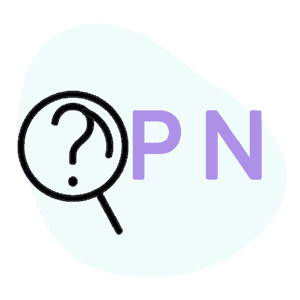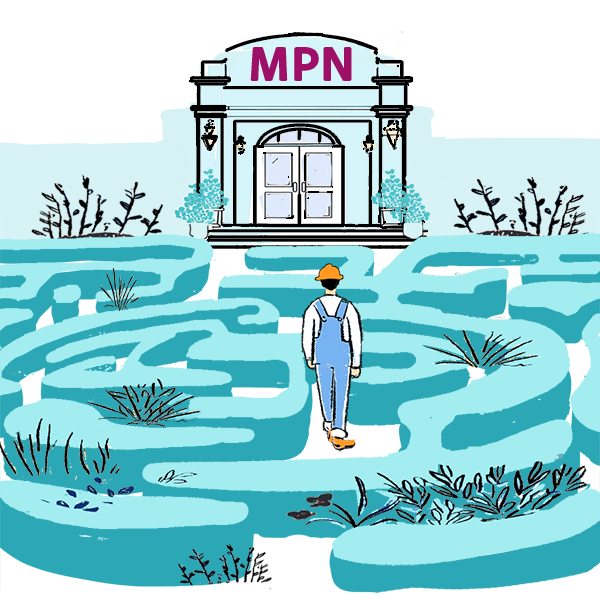Employers Insurance: False MPN Payment Denial

California allows insurers and self-insured employers to establish Medical Provider Networks (MPNs) to direct injured workers’ care. While Employers Preferred Insurance Company is allowed to establish an MPN, this insurer is not allowed to falsely deny payment for authorized care based on a phantom, non-existent MPN.
California regulations empower only the company paying for a worker’s care (the insurer or self-insured employer) to establish MPNs restricting where the injured worker obtains that care. Below, see how Employers (an insurer) denied payment for authorized treatment by falsely citing that the provider was not in the applicable MPN — despite the fact that Employers has no approved MPN listed by the Division of Workers’ Compensation (DWC).
All workers’ comp stakeholders should be outraged that claims administrators are using MPNs to play three-card-monte with payment owed to the doctors who agree to treat injured workers.
Employers Insurance: MPN Madness
California Labor Code Section 4616 mandates that:
In developing a medical provider network, an employer or insurer shall have the exclusive right to determine the members of their network. [emphasis added]
In practical terms, where the employer is self-insured, the employer decides which providers may treat its injured workers; where the employer uses an insurer, the insurer decides which providers may treat the insured employer’s injured workers.
In this case, the provider furnished authorized treatment to an injured employee of Vestra Labs, LLC, insured by Employers Preferred Insurance Company. To be absolutely clear:
- Vestra Labs LLC is the employer
- Employers Preferred Insurance Company is the workers’ comp insurer covering Vestra workers (which Labor Code §4616 empowers to direct care)
The provider received the document below from EIG Services, Inc. authorizing requested treatment, including a transfer of care to a specialist.
However, the authorization from EIG included a strange caveat: the requested treatment must be delivered by a provider “...within the Employers Medical Provider Network (EMPLOYERS MPN)”. Except, the EMPLOYERS MPN is not maintained by the insurer, Employers Preferred Insurance Company. In fact, Employers Preferred Insurance Company does not maintain an active, approved MPN.
Employers Preferred Insurance: NO DWC APPROVED MPN
A search of the DWC’s MPN list (shown below) does not list an active or approved MPN for Employers Preferred Insurance Company, the insurer in this case.
While the DWC MPN website lists an MPN with the name of ‘Employers MPN,’ as indicated on the authorization document, this MPN does not list Employers Preferred Insurance as the Applicant. Instead ‘Employers Compensation Insurance Company’ — an “entity that provides network services” — is listed as the Applicant.
Name discrepancy aside, as we know from previous articles, an “entity that provides network services” is not an insurer or employer’s MPN. Rather, these are entities which provide network services to insurers and employers that choose to establish an MPN.
Employers Preferred Insurance: False MPN Payment Denial
We have established that Employers Preferred Insurance Company authorized the treatment provided to the injured worker, and that this insurer does not maintain an approved MPN. Yet, this insurer denied payment to the provider for alleged MPN non-participation, as the Explanation of Review (EOR) below shows.
Moan. Grimace. Wave the flag and surrender? As long as abuse of the MPN system is allowed to defund doctors, injured workers will continue struggling to find practices willing to treat them.
Protect your practice revenue. Harness the power of daisyBill software, data, and expertise for faster, better workers’ comp billing.
SCHEDULE A DEMO
DaisyBill provides content as an insightful service to its readers and clients. It does not offer legal advice and cannot guarantee the accuracy or suitability of its content for a particular purpose.




.png)

.gif)